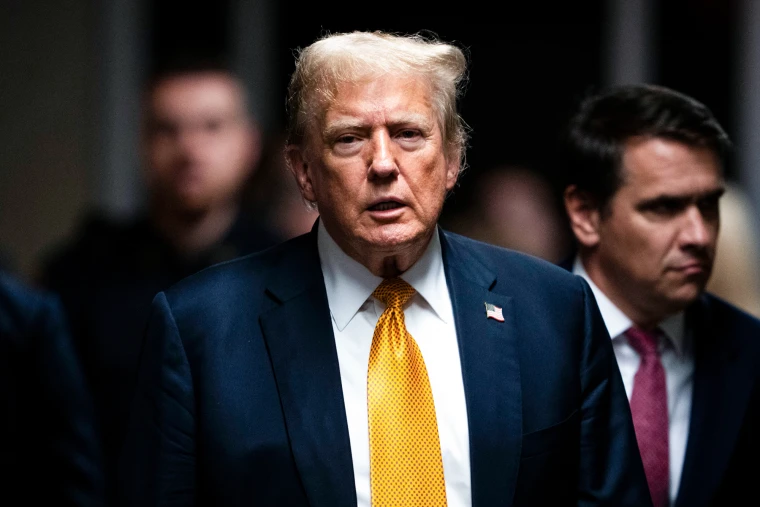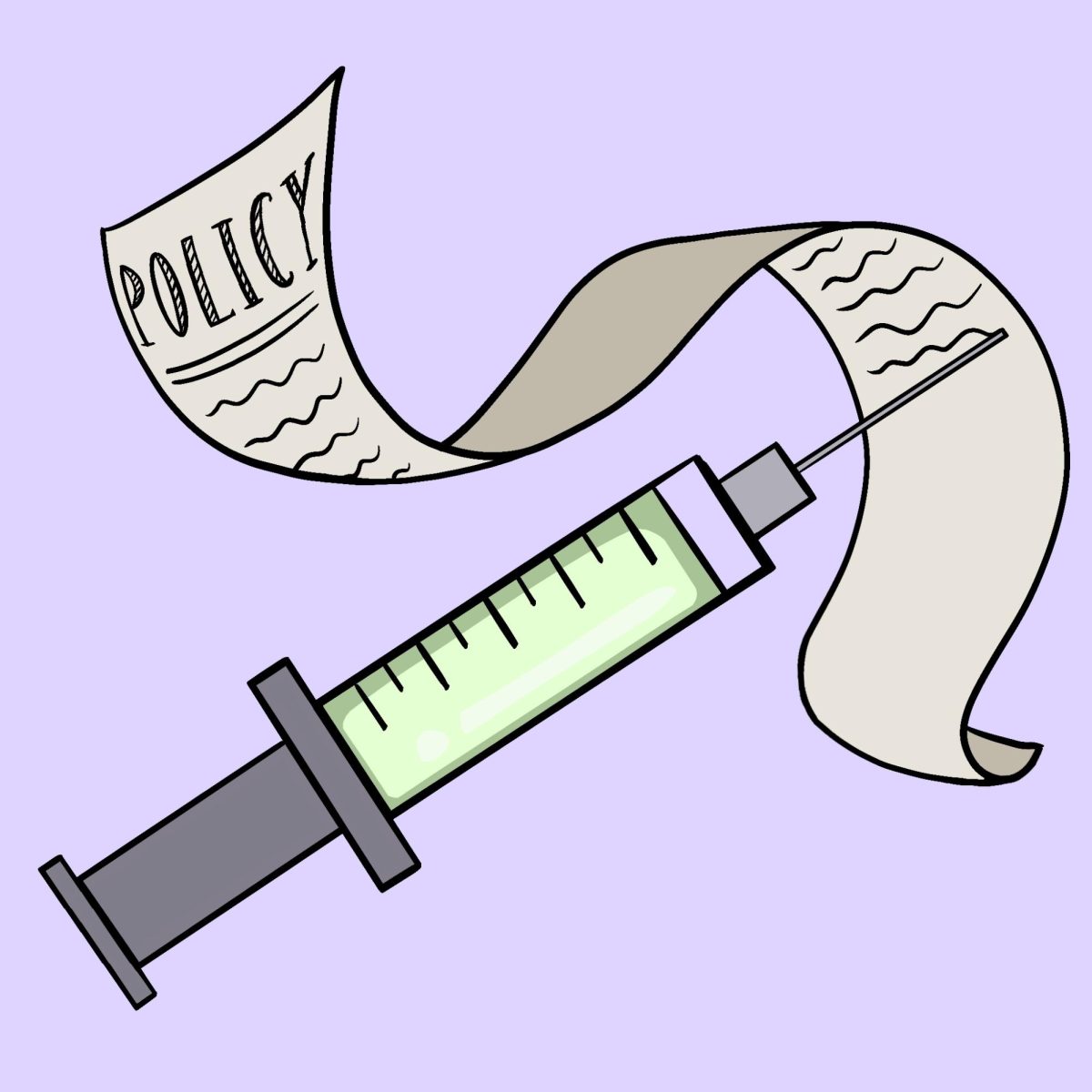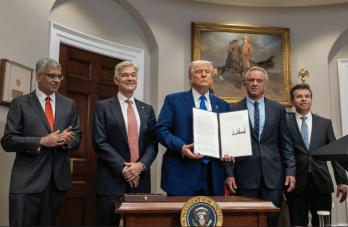Donald Trump’s ongoing criminal trial is one of the biggest historical events of the century, making him the first former U.S. president to be charged with criminal activity. The current trial accuses Trump of lying about his business records to hide a hush money payment to adult film star Stormy Daniels, allegedly to influence the 2016 elections.
This trial is an important milestone in a legal saga that encompasses over 90 criminal offenses in four separate criminal cases in four different locations—New York, Miami, the District of Columbia, and Atlanta—brought against Trump. These cases cover his attempts to overturn the results of the 2020 election, election interference in Georgia, falsifying business records in New York, and mishandling classified records after leaving the presidency.
While other countries, even highly developed democracies, are somewhat more accustomed to seeing their former heads of state tried in criminal court, this legal saga is something the United States has never seen, and the political, legal, and social implications are hard to ignore. Trump’s 2024 political campaign appears to be run from the courtroom at the moment. Many Republican voters buy Trump’s narrative of political persecution and are convinced he is a victim; however, if Trump is found guilty in these cases, it could hurt his chances of becoming president again. A poll from February by Reuters and Ipsos found that around 25% of Republicans and about half of independents wouldn’t support Trump if he was convicted of a serious crime.
Nevertheless, even if convicted, Trump can still run for president. The Constitution’s set of legal requirements for presidential candidates does not mention criminal records (New York Times). This means that even if Trump is convicted before the elections, he could still run for office and possibly even serve as president from behind bars. Moreover, there is uncertainty around whether Trump could pardon himself of criminal charges if elected come November. The president does have pardon power on federal charges, but it is unclear how state charges would proceed against a sitting president.
So far, Trump’s legal defense team’s strategy has been using every opportunity they can to delay the hearings in all four cases, hoping that he wins the election in November. While this strategy may have successfully delayed three other cases, the hush money trial in Manhattan continues to move forward.
Even so, with no clear frontrunner in national polls between Biden and Trump, the outcome of the election will likely be decided by a few key battleground states. Economic challenges, high interest rates and soaring prices are hurting many Americans, presenting challenges to incumbent President Biden. The U.S. administration is also grappling with broader conflict in the Middle East. This cumulative deteriorating situation could legitimize Trump’s argument that things are spiraling out of control under his successor’s leadership.
So, while Trump’s trials, including this current one, are unprecedented disruptions to a presidential campaign, they may only be one of many factors determining who ends up in the White House come November.







